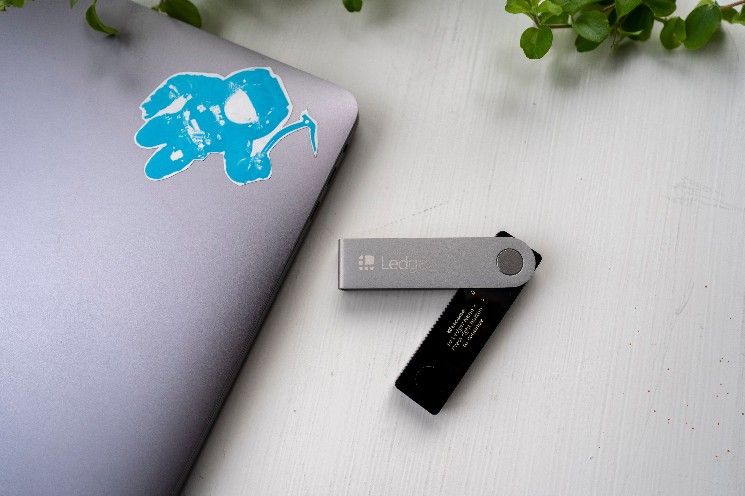Crypto’s Future Depends on Security, Ledger Exec Says

Crypto exchanges and other intermediaries such as cross-chain bridges are where the latest series of crypto hacks on internet-based “hot” wallets have been taking place. Exchanges need to put in additional security measures, said Alex Zinder, global head of hardware wallet maker Ledger Enterprises.
Zinder said on CoinDesk TV’s “First Mover” show that the crypto ecosystem’s rapid growth has increased the threat of hacks and exploits, creating safety issues “that are very difficult to manage.”
“The way we look at this problem set is security at the edges,” said Zinder. “The challenge is, as you build additional complexity into the ecosystem you have more intermediaries and different players.”
Zinder’s spoke days after the latest hack to sweep the crypto ecosystem. On Tuesday more than 8,000 Solana blockchain hot wallets were compromised, draining at least $5 million worth of Solana-based tokens from unsuspecting users.
The exploit has “renewed a focus on security,” which could be a “symptom of crypto’s own success,” he said. However, Zinder said, the Solana blockchain is not the problem.
“It’s the intermediaries, it’s the wallet providers,” he said.
Unlike the hot wallets that are always connected to the internet, Zinder’s company, Ledger, provides “cold,” or external wallets, that are not connected to the internet but stores crypto key information on hardware, such as a USB-like external device.
The crypto industry’s growth could be based on partnerships between exchanges and hardware wallet providers, he said.
“Security is really the precursor to mass adoption and scalability,” he said.
The France-based wallet maker, now valued at $1.5 billion, raised $380 million in a Series C funding round in June 2021.
While Zinder did not comment on whether his company has secured the $100 million in funding it seeks, he said Ledger has sold more than 5 million hardware wallets that hold crypto, or about 15% of the world’s crypto asset holdings.
In addition, Zinder is bullish on the use of non-fungible tokens (NFT). Here, too, he sees the need for security, especially for major corporations using NFTs to push their brands.
“If you do that incorrectly, if you compromise on security or you compromise on governance, you’re putting that audience, community and your brand at risk fundamentally,” he said.
Read more: Solana’s $6M Exploit Likely Tied to Slope Wallet, Developers Say






 Bitcoin
Bitcoin  Ethereum
Ethereum  Tether
Tether  USDC
USDC  TRON
TRON  Dogecoin
Dogecoin  Cardano
Cardano  Bitcoin Cash
Bitcoin Cash  Chainlink
Chainlink  LEO Token
LEO Token  Zcash
Zcash  Monero
Monero  Stellar
Stellar  Litecoin
Litecoin  Hedera
Hedera  Dai
Dai  Cronos
Cronos  OKB
OKB  Tether Gold
Tether Gold  Ethereum Classic
Ethereum Classic  KuCoin
KuCoin  Gate
Gate  Algorand
Algorand  Cosmos Hub
Cosmos Hub  VeChain
VeChain  Tezos
Tezos  Dash
Dash  Stacks
Stacks  TrueUSD
TrueUSD  IOTA
IOTA  Basic Attention
Basic Attention  Decred
Decred  Theta Network
Theta Network  NEO
NEO  Synthetix
Synthetix  Qtum
Qtum  Ravencoin
Ravencoin  0x Protocol
0x Protocol  DigiByte
DigiByte  Zilliqa
Zilliqa  Nano
Nano  Siacoin
Siacoin  Numeraire
Numeraire  Waves
Waves  Ontology
Ontology  Enjin Coin
Enjin Coin  Status
Status  BUSD
BUSD  Hive
Hive  Pax Dollar
Pax Dollar  Lisk
Lisk  Steem
Steem  Huobi
Huobi  OMG Network
OMG Network  NEM
NEM  Bitcoin Gold
Bitcoin Gold  Augur
Augur  Ren
Ren